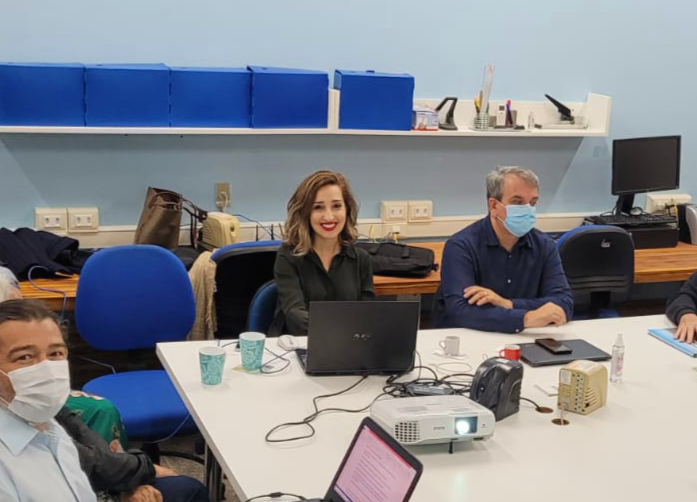We aim to strengthen capacities that foster a green, low-carbon and climate resilient transition, and to strengthen capacities that manage dangerous chemicals and waste in a sound and sustainable manner.
We support the conversation, restoration and safeguarding of the planet for present and future generations, improving the conservation and sustainable use of natural resources.



